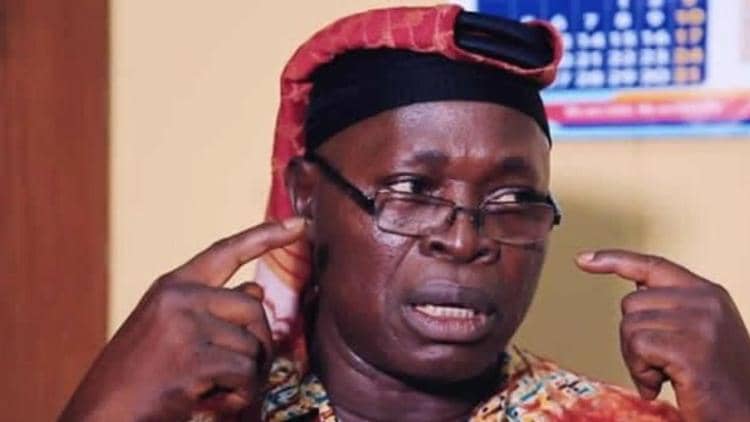
The Muslim Rights Concern (MURIC) has accused Nigerian Christian leaders of leveraging the United States to pressure the Nigerian federal government and marginalize Nigerian Muslims. MURIC claims that reports of Christian genocide were sent to the US due to its perceived status as a Christian nation, questioning why Christian leaders did not approach the African Union or ECOWAS, suggesting motives of entitlement and neo-imperialism.
MURIC’s Executive Director, Professor Ishaq Akintola, stated that the narrative of Christian genocide in Nigeria is concerning, noting that Nigerian Muslims also face significant violence, often ignored due to a Christo-Western media bias. He argued that terrorists target crowded places like churches and mosques for hostages, not specific religious groups, explaining why Christians are primarily victims in Christian-majority areas like Benue and Plateau, while Muslims are targeted in Muslim-majority areas like Sokoto and Zamfara.

Akintola claimed that 200 churches and 6,000 mosques have been destroyed in Northern Nigeria, attributing the higher number of mosque attacks to their greater prevalence. He alleged that Muslims in southern Nigeria face systematic persecution, denial, and marginalization, with their concerns ignored at state and federal levels.
MURIC accused the media of amplifying Christian killings while downplaying Muslim deaths, using vague terms like “worshippers” for Muslim victims but explicitly identifying Christian victims. The group described reports to the US as an attempt to coerce the Nigerian government into granting Christians undue political and economic favors, using US influence to dominate Muslims. Akintola questioned the US’s moral authority to judge Nigeria, citing its support for Israel and global military actions.

MURIC further alleged that Christian-owned media outlets exclude Muslim voices, demonize Islam, and undermine journalistic fairness. The group urged the Nigerian government not to yield to what it called “Christian blackmail” or treat Muslims as “guinea pigs.” It warned that the narrative of exclusive Christian persecution is false and divisive, threatening national unity and peaceful coexistence.
The debate over alleged Christian persecution in Nigeria continues, with the federal government claiming that those promoting these reports aim to disrupt national unity.




